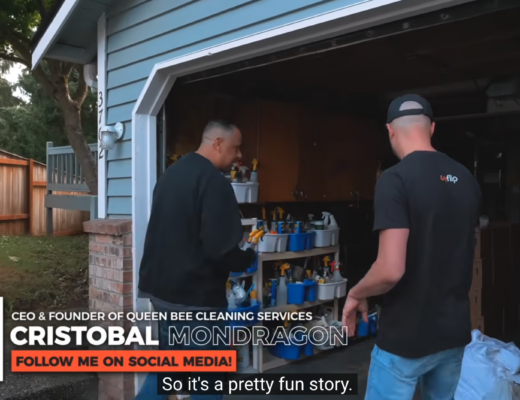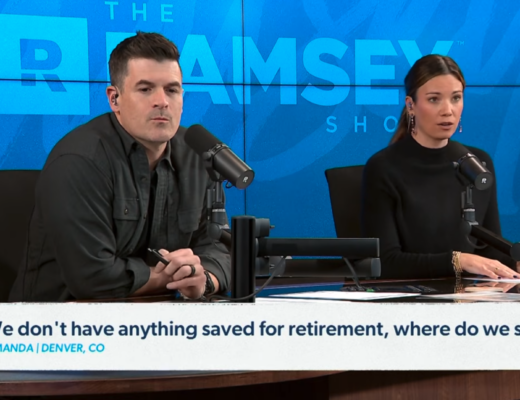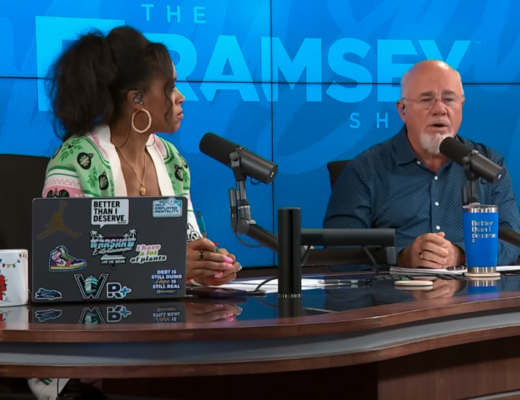I recently listened to a fascinating exchange between Dave Ramsey and a caller who owns both a mobile home park and several Airbnb properties. The conversation revealed some critical insights about business finances that I believe every real estate investor should understand.
The caller asked if she could use profits from one business (her successful Airbnbs) to pay down debt in another (her mobile home park). While this seems like a simple question, Dave’s response uncovered a much deeper issue with her investment strategy.
First, let me clarify something important: Yes, you can absolutely move money between your different businesses without tax consequences. As Dave pointed out, LLCs don’t pay taxes themselves – the profits flow through to your personal tax return regardless of which business generated them. It’s all your money to allocate as you wish.
The Real Problem: Poor Return on Investment
What struck me most about this call wasn’t the tax question but the alarming numbers behind the mobile home park investment. The caller had a $650,000 mortgage on a property generating only about $60,000 in annual profit. That’s less than a 10% return before debt service—a terrible ROI for a mobile home park.
Dave was right to question these figures. Mobile home parks typically generate significant returns. Something didn’t add up.
The caller mentioned that they were “reinvesting” significant amounts to upgrade the park. While property improvements can be necessary, they were clearly prioritizing renovations over debt reduction, even with a mortgage rate adjustment looming in just two years.
“I don’t want you to pay it down. I want you to pay it off,” Dave advised, suggesting they redirect improvement funds toward eliminating the mortgage before the rate reset.
The Fundamental Rule: Numbers Must Make Sense
This call perfectly illustrates a principle I’ve observed repeatedly in real estate investing: the numbers must make sense from day one. Dave posed a brilliant question that every investor should ask themselves:
“If you did not own this mobile home park, would you buy it today, going $650,000 in debt to make $60,000 a year?”
The answer should be obvious – no! That’s a poor investment by any standard. Either the property was overpriced initially, or the management strategy needs to be seriously reconsidered.
Here’s what I believe is happening in many similar situations:
- Investors get caught up in property improvements without analyzing the ROI of each renovation
- Below-market rents aren’t adjusted appropriately, hurting cash flow
- Debt service consumes too much of the gross income
- The focus shifts from profitability to property pride
The caller mentioned having “low rents” on some units because they are part of a low-income housing complex. While affordability is important, charging market rates is essential for a sustainable business model.
Mobile Homes as Investments vs. Residences
Dave made another crucial distinction worth highlighting: mobile homes make terrible personal investments but can be excellent business investments when the numbers work.
For personal use, mobile homes depreciate like vehicles. As Dave colorfully put it, “It’s a car you sleep in financially.” But as rental properties with low acquisition costs and strong cash flow, they can generate excellent returns.
Dave referenced another investor who paid just $20,000 per mobile home and was “printing money” from the rental income. That’s how the math should work – break even quickly and generate ongoing cash flow from an asset you own outright.
My Takeaway for Real Estate Investors
This call reinforced several principles I believe are essential for successful real estate investing:
- Cash flow is king – Without strong positive cash flow, you don’t have an investment; you have a liability
- Debt reduction trumps cosmetic improvements – Especially with interest rate adjustments on the horizon
- Regular financial analysis is essential – Know your true ROI and be willing to change course when necessary
- Sometimes selling is the right move – If you can’t fix the numbers, exiting might be your best option
I wonder how many other investors are trapped in similar situations – emotionally attached to properties with fundamentally flawed economics. The courage to honestly evaluate your investments and make tough decisions is what separates successful investors from those who struggle.
The next time you’re considering a real estate investment or evaluating one you already own, channel your inner Dave Ramsey. Ask the hard questions about ROI, debt service, and whether you’d make the same decision again today. Your financial future may depend on it.
Frequently Asked Questions
Q: Can I transfer money between my different business entities without tax penalties?
Yes, you can move money between your different LLCs or business entities without tax consequences. As Dave Ramsey explained, LLCs are typically pass-through entities where profits flow to your personal tax return regardless of which business generated them. This gives you flexibility to allocate funds where they’re most needed across your various ventures.
Q: What’s a good rule of thumb for ROI on a mobile home park investment?
Mobile home parks should generally produce significantly higher returns than the 9-10% pre-debt service return mentioned in the article. Many successful mobile home park investors target properties that can yield 15-20% cash-on-cash returns or higher. The key is keeping acquisition costs reasonable while maximizing rental income through appropriate market rates.
Q: Should I prioritize property improvements or debt reduction in my rental properties?
While some property improvements are necessary for maintenance and attracting quality tenants, debt reduction should typically take priority, especially when interest rates are about to change. Each renovation should be evaluated based on its return on investment (ROI) – will it meaningfully increase rental income or property value? If not, those funds might be better directed toward paying off debt and improving your long-term cash flow.
Q: Why are mobile homes considered poor personal investments but potentially good business investments?
Mobile homes depreciate over time, similar to cars, making them poor choices for building personal wealth through homeownership. However, as business investments, their low acquisition cost, combined with steady rental income, can create an excellent cash flow. The business model works when investors can recoup their initial investment quickly through rental income, then continue generating returns from an asset they own outright, even as the physical structure depreciates.







